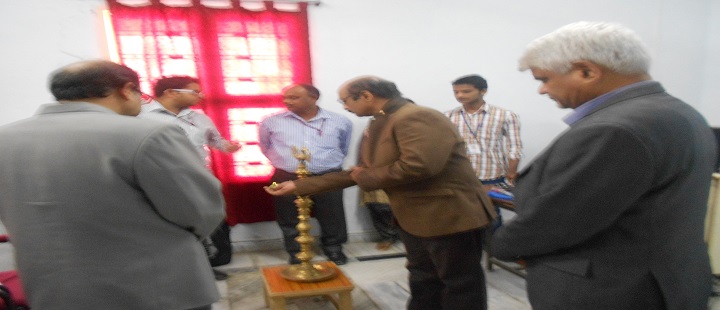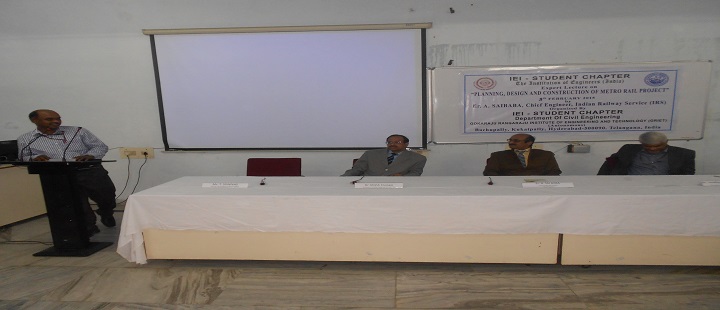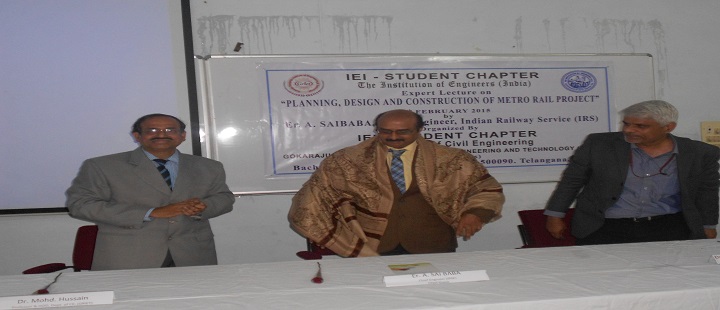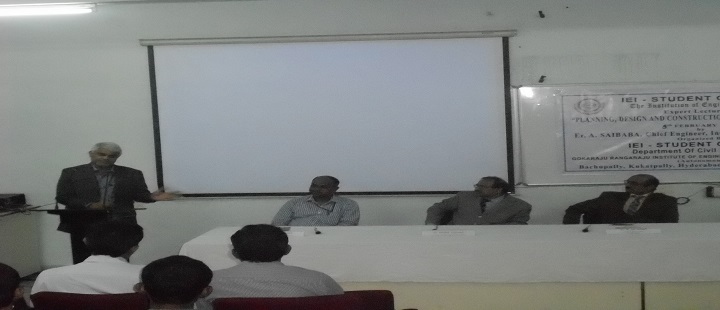Objectives of IE (India)
As a diverse group of professionals, IEI has been able to integrate multiple problem-solving approaches to achieve the common goals of serving the Indian Engineering Profession.
IEI using the partnerships with Academia to establish Innovation Cells and develop the curriculum to enlighten the students about the requirements of society and industry; and will apprise them about the challenges and rewards associated with pursuing entrepreneurship through start-ups.
IEI should effectively use its outreach programme to promote engineering R & D to effectively engage with the Public Sector Enterprises to strengthen the R & D initiatives undertaken by adopting an interdisciplinary approach.
About Institute of Engineers
The Institution of Engineers (India) (IEI) is the national organisation for engineers in India. IEI has over 0.5 million members from 15 engineering disciplines in 99 centers or chapters in India and overseas; it is the largest multi-disciplinary engineering professional society in the English-speaking world. It was formed on September 13, 1920 and it is currently Headquarters at Gokhale Road, Kolkata, India
History of IE
IEI was established in 1920 in Madras with Sir Thomas R. J. Ward as the founding president. It was formally inaugurated in 1921 by Lord Chelmsford, the then-Viceroy of British India. In 1935, IEI obtained the Royal Charter of Incorporation from King George V 'to promote and advance the science, practice and business of engineering'. Sir Thomas Guthrie Russell (President 1933–34) led the successful petition for a Royal Charter. Dr. L V Muralikrishna Reddy, FIE, Int. PE, CEng (UK) is the youngest President and has assumed office at the Annual General Meeting held at Hyderabad on 21 December 2014. Er. Ashok Kumar Basa is the Immediate Past President, and Er. S S Rathore is the Past President. The Institution obtained the full membership of the Engineers Mobility Forum (EMF) at the Bi-annual International Engineers Meetings 2009 held at Kyoto, Japan on 17 June 2009.
FORA
There are five fora of the IEI: the National Design & Research Forum (NDRF), Water Management Forum (WMF), Safety and Quality Forum (SQF), Sustainable Development Forum (SDF) and Rural Development Forum (RDF). The IEI also has an autonomous organ, the Engineering Staff College of India.
Membership Designations
Fellow - F.I.E.
Member - M.I.E.
Associate Member - A.M.I.E.
Chartered Engineer - C.Eng
Professional Engineer - P.Eng
Senior Technician Member - ST
Technician Member - T
IEI student chapter (civil engineering)
It is glad to inform that Gokaraju Rangaraju Institute of Engineering and Technology has become an organizational life member of Institution of Engineers (India) and the department of Civil Engineering has formed a Student Chapter of IE (India).
Chief Guest Er. A. Saibaba, Chief Engineer, Railways (IRSE) inaugurated the Student Chapter in the department of Civil Engineering in GRIET on 9th Feb, 2015. Dr. Jandyala N. Murthy, Principal of GRIET and Dr. Mohd Hussain, Head of the Department of Civil Engineering took part in the event and addressed the gathering. GRIET IEI Student Chapter (Civil Engineering) Advisor Mr.T.Srinivas addressed the assemblage about the formation and agenda of the Student Chapter.
This was followed by a Guest Lecture on “Planning, Design and Construction of Metro Rail Project” by Er. A. Saibaba
Activities of IEI student chapter
- Organising lectures by corporate members and others on the subject of engineering interest
- Organising paper meetings, discussions, seminars and technical film shows on selected subjects.
- Organising visits to engineering projects, construction sites, factories, workshops, laboratories etc.
- Organising competitions on technical subjects including annual paper writing, model building and quiz competitions.
- Promotion of social contacts among the students.
- Any other activity conducive to the technical and intellectual advancement of the students.





